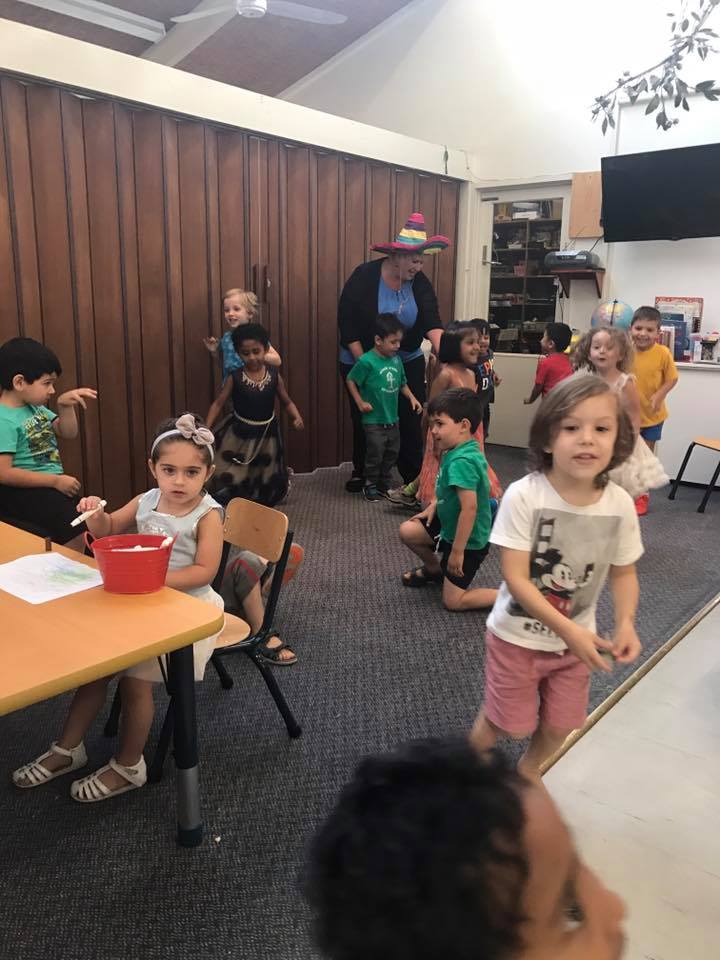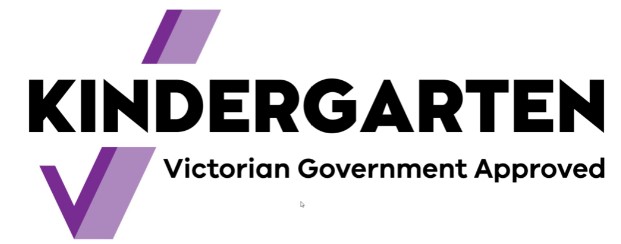Social Skills in Kindergarten: Making Friends and Learning Cooperation
29 August 2024
Explore essential social skills in kindergarten, including making friends and cooperation. See how Gower Street Kindergarten fosters these skills today.
Social skills in kindergarten form the foundation for a child’s future interactions and relationships. These early years are crucial for developing the ability to communicate effectively, share, cooperate, and empathise with others. At this stage, children begin to navigate more complex social situations, learning how to make friends, resolve conflicts, and work together in group settings. Kindergarten provides a structured environment where these essential skills can be nurtured and developed under the guidance of trained educators.
The Importance of Social Skills in Kindergarten
The importance of social skills in kindergarten cannot be overstated. At this early stage, children learn to share, take turns, and communicate their needs and feelings. These skills not only impact their immediate interactions but also set the stage for future relationships and academic success. Effective social skills help children build positive relationships, reduce conflicts, and develop a sense of belonging, which is essential for their emotional and social well-being.
How Gower Street Kindergarten Teaches Social Skills in Kindergarten
At Gower Street Kindergarten, social skills development is an integral part of the curriculum. We employ several strategies to foster these essential skills:
• Role-Playing and Simulations – We use role-playing activities to help children practice social interactions in a safe, controlled environment. These exercises allow children to explore different scenarios, such as sharing toys or resolving conflicts, and learn appropriate responses. By acting out various situations, children gain confidence in handling real-life social interactions.
• Group Activities and Games – Our curriculum includes numerous group activities and games designed to promote cooperation and teamwork. These activities encourage children to work together towards common goals, teaching them the value of collaboration and mutual support. Through these experiences, children learn to communicate effectively, compromise, and appreciate diverse perspectives.
• Positive Reinforcement – We believe in the power of positive reinforcement to encourage good social behaviour. Our educators consistently acknowledge and praise children when they display positive social skills, such as sharing, helping others, or resolving conflicts peacefully. This approach helps reinforce these behaviours and motivates children to continue practising good social skills.
• Structured Social Learning Curriculum – Gower Street Kindergarten implements a structured social learning curriculum that explicitly teaches social skills. This includes regular lessons and activities focused on specific skills such as active listening, expressing emotions, and problem-solving. We use age-appropriate books, videos, and interactive exercises to introduce and reinforce these concepts, ensuring that children have a clear understanding of positive social behaviours.
• Peer Mentoring Programs – We have implemented a peer mentoring program where older or more socially adept children are paired with those who might need additional support. This buddy system allows children to learn from each other in a natural, supportive environment. The mentors practice leadership and empathy, while the mentees gain confidence and new social skills through these peer interactions. This approach fosters a sense of community and mutual support within our kindergarten.
Social skills in kindergarten are fundamental to a child’s overall development and future success. At Gower Street Kindergarten, these skills are nurtured through engaging activities and supportive teaching methods. As a purpose-built kindergarten in Preston, VIC, we provide a learning environment that fosters social growth and personal development.

